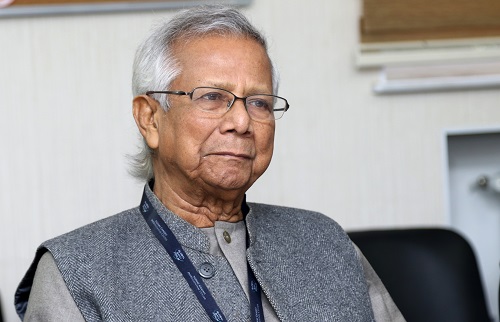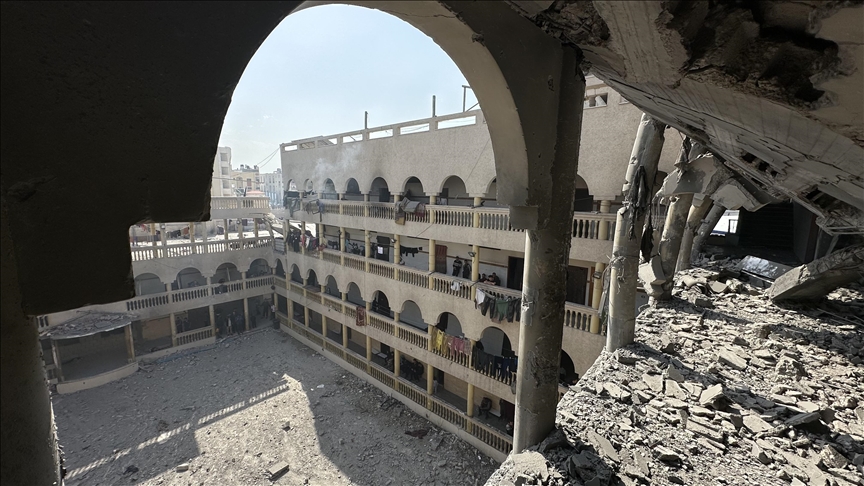A new law that makes domestic abuse a crime has come into effect in China.It is hoped the legislation will encourage more victims to take their abusers to court in a country where violence at home is still widely regarded as a private matter. The new law "prohibits all forms of domestic violence", which it defines as: "Physical, psychological and other harm inflicted by family members, including beating, restraint, injury or arbitrary deprivation of liberty, recurring verbal threats and abuse", according to Chinese state media. Eurasia Diary presents research on family violence.
But what we know about domestic violence?
If the numbers we see in the domestic violence were applied to terrorism or gang violence, the entire country would be up in arms, and it would be the lead story on the news every night said Mark Green, the former president of Air America Radio. But is the situation that worse?
Domestic violence in international law and many national legal systems is incontestably recognized as a form of human rights violation and discrimination. During the last decade, the majority of developed countries adopted laws on prevention of family violence and related national strategies. The problem remains heavily resistant due to deep social roots. Cultural norms, historically determined subordinate position of women in family, tensions between different social groups, ethnicities, and toleration of violence.
.png)
Recent global prevalence figures indicate that about one in three (35%) of women worldwide have experienced either physical and/or sexual intimate partner violence or non-partner sexual violence in their lifetime. Reports show that even the countries with strong legal systems on prevention of family violence still have rates for this phenomenon. For example, in average every third woman in France and Canada and every fourth in the USA have experienced domestic abuse at least once in their life. In the report published at Huffington Post last year 30 Shocking Domestic Violence Statistics That Remind Us It's an Epidemic shows that the number of American troops killed in Afghanistan and Iraq between 2001 and 2012 was 6,488, however the number of American women who were murdered by current or ex male partners during that time was 11,766. According to figures from the Office for National Statistics an estimated 1.4 million women have suffered domestic abuse in UK the last year.
Situation is much worse in the so-called transitional countries and the developing ones, where the rule of law is not strong enough and domestic violence itself is highly problematic from that point of view regarding strong patriarchal traditions, difficult social situation, and relatively weak legal systems. The National Research on Domestic Violence against Women in Turkey reports of a woman being raped in every 4 hours and 38 per cent of women experience sexual or physical violence at some period of their life in Turkey.
Family violence is a multifactor problem and to be addressed successfully, it requires joint efforts of all the involved actors: state, civil society, law enforcement system, media, and international organizations.
The concepts of domestic violence and concept of privacy is often confused and used as justification. Historically, domestic violence has been viewed as a private family matter that does not require government involvement or criminal justice. Police officers were often reluctant to intervene with arrest: they will rather react to counseling the couple or ask one of the parties to temporary leave the residence. Courts were reluctant to impose any significant sanctions on domestic abuse convicts largely because it was viewed as a misdemeanor offense. In fact, privacy can be used as a shield for abuse, leaves sphere open to complete scrutiny and intrusion by the state that is incompatible within civil society. Another problem is violence victims keeping silence fear and shames those results from abuse within families and in relationships. Abusive patterns can seem normal to those who have lived in them for a long time.
.png)
In vertical state-citizen relations, people ignore the fact that possibility that concentration of power in the hands of individuals can be as threatening as state power. The purpose of the spousal abuse of any kind of domestic violence and its function is to control and intimidate, rather than just to injure. It is necessary to speak about the responsibility of state to protect its citizens from abusive behavior of each other, of application of horizontal effect.
Domestic violence includes physical, sexual, psychological, and economic abuse. Though women between the ages of 18 and 24 are the most likely to experience abuse, they observe violence at their life-cycle of pre-birth based on sex-selective abortion or control, girlhood in forms of child marriage, FGM, prostitution and pornography abuses, adolescent and adulthood as trafficking, harassment, marital rape, forced pregnancy and even elderly as homicide of widows for economic reasons or psychological abuses. To the list also added threats or violations of the dignity by blackmail, verbal threat, spying, insult, profanity, calling with insulting names, damaging joint property, isolation and limitation of freedom, failure to assist or incation.
Factors of domestic violence are also different. There are cultural factors such as gender-specific socialization, cultural definitions of appropriate sex roles, expectations of roles within relationships, belief in inherent superiority of males, customs of marriage, notion of the family as a private sphere and under male dominance, under-representation of women in media and politics.
The economic factors also play significant role as women’s economic dependency, discriminatory wage gaps, and lesser legal status in terms of property laws in divorce and child custody, limited access to education and low level of literacy, employment. However, from the vertical rule point of view acceptance of domestic violence not seriously, risks of challenges to status quo or religious laws, limited participation and representation of women in political systems minimizes the responsive measures taken upon the domestic violence cases.
The most basic recommendations about criminal law norms and sanctions are making domestic violence as criminal offence, penalize incest, penalize marital or conjugal rape, punish rape and apply effective investigation and prosecution, develop civil remedies, develop administrative sanctions, adopt specific legislation to remove “defense of honor”, preclude adultery as an excuse for violence.
Despite an increase in media attention, domestic violence still often goes unreported. Many victims' stories still are not heard as only a little over half of cases are reported to authorities because of hesitation or ignoring. One should keep in mind that reporting domestic violence is the first step to breaking its power. For reporting on domestic violence and sexual abuse call National Domestic Violence Hotline or call the police, upon arrival give them all the details of what happened, take photos of any visible harm or injury, make copies of any threatening messages and last but not the least get a copy of domestic incident report.









